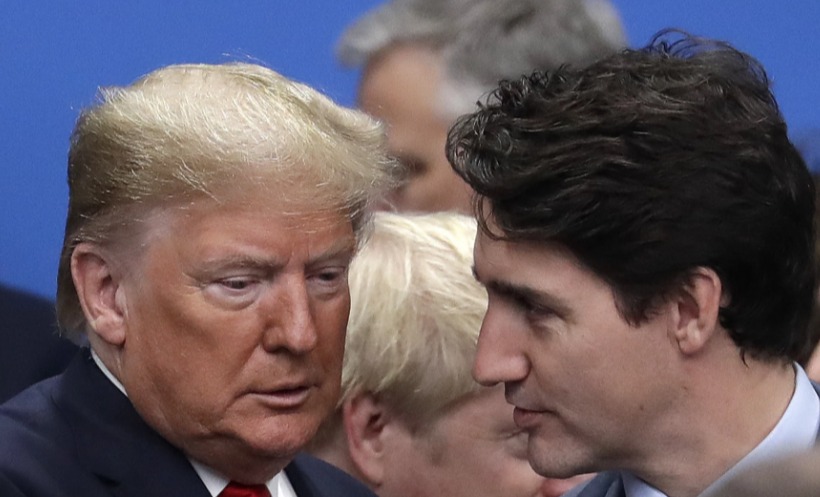Trudeau Takes Bold Stand Against U.S. Tariffs on CNN
In a high-stakes move, Canadian Prime Minister Justin Trudeau recently addressed the American public through a CNN interview, presenting a strong case against President-elect Donald Trump’s proposed tariffs on Canadian goods. This marks Trudeau’s first American network appearance since the contentious tariff threats surfaced, as he seeks to preemptively thwart economic tensions between the two nations.
Trudeau articulated the mutual benefits of Canada-U.S. trade, emphasizing the potential repercussions of a 25% tariff on Canadian imports. “We have so many resources in Canada — more than our market can support — so we export them to our closest friend who can rely on them. It is a win-win,” stressed the Prime Minister. He revealed that tariffs could lead to increased costs for American consumers on Canadian products, underscoring the importance of continued economic collaboration.
As Trump escalated the conversation by suggesting Canada’s absorption as a 51st state, Trudeau swiftly dismissed the notion, highlighting the independent spirit and identity of Canadians. “Canadians are incredibly proud of being Canadian. One of the ways we define ourselves most easily is, ‘Well, we’re not American,'” Trudeau asserted.
In paralleling efforts, Conservative Leader Pierre Poilievre outlined his own strategy to address Trump’s tariff threats, advocating for lower taxes and increased energy exports to bolster domestic independence and resilience. Poilievre’s approach includes engaging directly with American workers and leaders to illustrate the potential fallout on employment from any tariff impositions.
With Ottawa reportedly preparing retaliatory tariffs on U.S. goods — including steel, plastics, and orange juice — Trudeau emphasized that Canada is ready to defend its economic interests as it did during Trump’s previous administration.
As the prospect of shifting trade policies looms, both Trudeau and Poilievre remain committed to safeguarding Canada’s economic sovereignty, urging for cooperation and a renewed focus on mutually beneficial trade relations.
